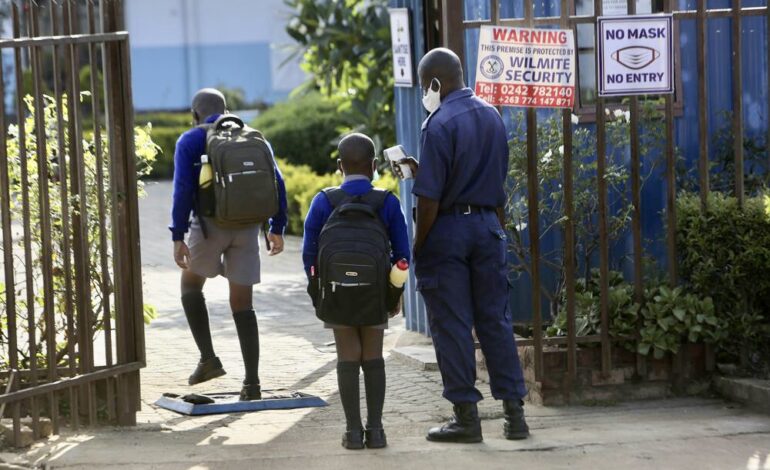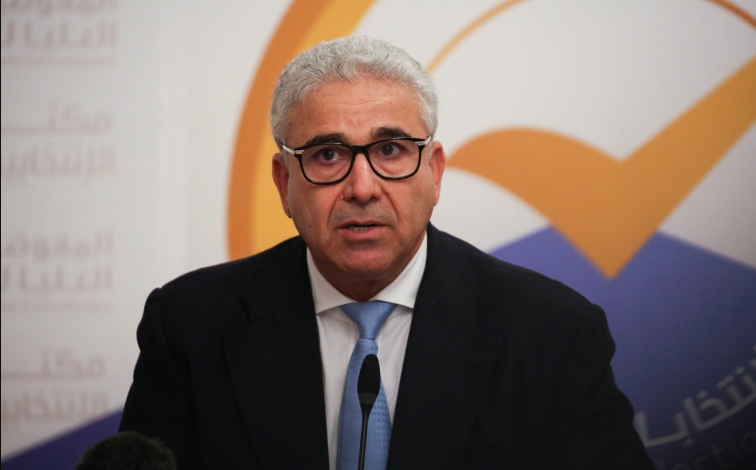
Ekeomah Atuonwu
Teachers in Zimbabwe have gone on strike just days after schools re-opened after a prolonged closure during the Covid-19 pandemic.
In the capital, Harare, some schools were opened on Thursday but not all teachers were working according to the teachers’ unions.
The government and unions are locked in a dispute over salaries.
The government responded by offering a 20 per cent pay increase, payment of part of the salaries in U.S. dollars, as well as subsidies on purchases such as cars and houses.
The unions rejected the government’s offer stating that it is too low.

“Teachers have been relegated to the status of paupers, and they now live in poverty. Teachers are unable to pay school fees in the schools where they are normally employed. We know there is a continuing academic genocide; we are losing a generation that is now involved in child marriages because they are unable to attend school, and a generation that is turning to drugs because they are unable to attend school,” Obert Masaraure, head of Zimbabwe’s Amalgamated Rural Teachers Union.
“Finally, now that schools have failed to reopen, we are pleading with the government to address the value of teachers’ pay as soon as possible “, he added.
Teachers earned roughly $540 per month in 2018, however that sum has fallen due to years of inflation, which is currently estimated at 60 per cent as well as the depreciation of Zimbabwe’s currency.
Apart from Zimbabwe, lecturers in West Africa like Ghana and Nigeria have also embarked on a strike due to low income and government’s lack of compliance to their request.





Recent Comments